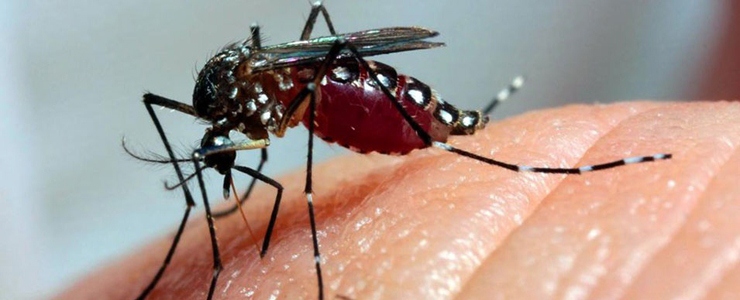Vaccine experimentation fighting Zika virus
NIH’s National Institute of Allergy and Infectious Diseases (NIAID), in Maryland, developed two different Zika DNA vaccines in different doses, on rhesus macaques. Both experimental vaccines, called VRC5283 and VRC5288, were engineered to prompt cells to produce the Zika virus structural proteins premembrane (prM) and envelope (E).
Both vaccines included portions of an unrelated virus to improve protein expression. VRC5288 also included another portion of an unrelated virus to improve secretion of virus particles from cells. The researchers vaccinated groups of rhesus macaques using the two different Zika DNA vaccines in different doses. Most animals received two vaccinations. Both vaccines were highly effective when given in two doses. VRC5288 is now being tested in a Phase 1 clinical trial, in volunteers in Maryland and Georgia. If the results are favorable, NIAID plans to initiate a Phase2 trial in Zika-endemic countries. The second vaccine (VRC5283) is awaiting a start date for a Phase 1 clinical trial.
Zika virus spreads mostly through bites from infected Aedes aegypti mosquitoes. It can also be transmitted through sexual contact or from mother to child during pregnancy or around the time of birth.
Most Zika infections cause no symptoms or a mild illness lasting about a week. In people, whom the disease develops in, the most common symptoms are fever, rash, joint pain and eye infections
These studies and others will inform the next steps of Zika vaccine development, were published on 23 August 2016 on “Science” paper. The results will guide efforts toward both the short-term goal of identifying an intervention to protect women of child-bearing age in the current outbreak, and the long-term goal of vaccinating the general population of endemic regions and travelers to those regions.
14 October 2016 (MG)
© IZSAM October 2016
|
|
Istituto Zooprofilattico Sperimentale
dell'Abruzzo e del Molise "G. Caporale"
Campo Boario | 64100 TERAMO | ITALIA
Telefono 0039.0861.3321 | Fax 0039.0861.332251
e-mail: archivioeprotocollo@izs.it
Posta elettronica certificata: protocollo@pec.izs.it
Partita IVA: 00060330677
Codice Fiscale: 80006470670


